Romania has played an important role in the humanitarian assistance provided to Ukraine, and the empathy and generosity that Romanians have shown to their neighbours have been exemplary, something appreciated by the Ukrainian refugees, the ambassador of the United States of America in Bucharest, Kathleen Ann Kavalec told an interview with AGERPRES.
"I've heard from many Ukrainian refugees how much they've appreciated the support and how it has really transformed their view of Romania for the better. I imagine the future of Romania-Ukraine becoming much closer because of all these people-to-people ties and all these new trade ties," the American diplomat says.
Kathleen Kavalec presents her ambassadorial priorities: security, trade and investment, and also democracy and the rule of law.
"Companies will come and invest when they see a system where there is transparency, where there is accountability, where there is rule of law," the American diplomat emphasises.
AGERPRES: You started your mandate in Romania at the beginning of February. The US Embassy was always a strong supporter of democracy in Romania, of democracy in general, the rule of law and the freedom of press. In this light could you talk about the priorities of your mandate here regarding these particular topics?
Kavalec: First of all, let me say I'm just delighted to be back in Romania again after 15 years and very excited to work on what is very close and productive bilateral relationship.
So, for my mandate [there are] three key priorities: the first, of course, is security, and that involves security in terms of countering Russian aggression in the neighbourhood, against Ukraine and this horrific war that they've begun, in bolstering our military cooperation, deterrence, bolstering cooperation within NATO, and bilaterally in terms of our presence here and the region. You know that we have increased the number of US troops here as part of the NATO cooperation.
So, first and foremost security; second, trade and investment. I am glad to say that we have a very robust presence in terms of US companies here: 5 billion US dollars in trade and over 100,000 jobs that have been created thanks to US companies and investments here. So, in that area we are working to help US companies that are interested in investing, promoting trade between our countries and also very important and related to this improving rule of law, transparency, because companies will come and invest when they see a system where there is transparency, where there is accountability, where there is rule of law. So, that's very important - and a part of that working especially in the area of energy, which will contribute again to security and to energy independence and diversification in Romania as well as the region, because certainly Romania is a leader when it comes to energy independence. And then third, [there is] democracy, which has the underpinning of everything else that we do. And, for any democracy one is always working to strengthen democracy particularly in the area of rule of law, freedom of the press.
And again, it's back to the same issue: you need to have rule of law and accountability for business to work well, for citizens to feel that they have justice in their country. Recently, there was a lot of commentary about a case that was dismissed relating to the Colectiv tragedy, and again you can see there that citizens expect, want to see, a rule of law system that functions effectively and where they see justice being delivered. So, security, trade and investment and democracy.
AGERPRES: Because you were talking about security issues, especially in the context of the war of Russia against Ukraine: there was an announcement by the US President at the beginning of this year about the reinforcement of US troops in Romania. Is there a timeline related to bringing more US troops into Romania?
Kavalec: Well, currently, we have, I think, over 3,000 US troops, and at the moment we have the 101st Battalion which is here in the country. They will be leaving shortly, but they will be replaced by the 10th Mountain Brigade. So, that will - I think - bring it to something more or less equivalent to what it is now, but certainly there will be more troops coming and going during this period. We will be constantly evaluating the need for additional troops. As you know, we are part of NATO and other countries, especially the French, have increased their presence as well. So, we will be working together with the Allies to determine where we need to strengthen further our defences and our deterrence.
AGERPRES: Also, when it comes to the relations between Romania and the US we can also talk about military acquisitions. Major acquisitions made by Romania from the US were in the form of government-to-government. What is the estimation regarding this kind of acquisitions?
Kavalec: I don't have a specific number to say. Just let me say that as a NATO member, Romania is committed to modernising its defence capability. So, purchases that are made all go to making Romania a stronger and more prepared member of NATO. Of course, where we can offer systems that help reinforce that capability we are happy to do so. There are a number of systems that are being purchased that will be delivered in the coming months. But, the main thing here, I think, is that the systems improve Romania's readiness and capabilities within NATO, and that allows us as a collective defence organisation to present a stronger and more credible deterrent for defence purposes in the region.
AGERPRES: When you said systems that will be purchased in the coming months, could you elaborate on that?
Kavalec: There are number of systems that have been ordered - there are F16s, for instance, they are coming; there are other systems that will be provided in terms of air defence. Sorry, I don't have a list here, but, yes...
AGERPRES: Because there was in the public space information regarding the interest of Romania to purchasing tanks, Abrams tanks from the US.
Kavalec: Yeah, so this is again part of this whole improving the defence capability
AGERPRES: The United States of America is the first supporter of Ukraine in terms of arms delivery to this country. How do you see Romania's role in this link of helping Ukraine militarily?
Kavalec: First of all, I recently - you may know - I went to Romexpo on the terrible anniversary of the 1st year of this awful war. And there I met with Ukrainian refugees who have fled the war. I met with the UNCHR and other UN organisations and NGOs that have been helping the refugees. I think Romania has played a very important role in helping with the humanitarian response and the spirit of empathy and generosity of spirit that the Romanians have shown to their neighbours have been exemplary - this is what I've heard from many of the refugees with whom I spoke that they were so well received here. First and foremost, I think Romania has to be commended for its willingness to help those refugees, and also I want to mention the great cooperation between civil society and the Romanian government. This is a textbook of example, I think, of why civil society organisations are so important and how they can work effectively with government particularly in a time of crisis. Romania has also been really helpful in terms of helping with grain shipments out of Ukraine, which is important not only to Ukraine but also to the world as a whole. Because of all that grain that Ukraine produces that goes to the third world, there were concerns early on about impact on world hunger. Romania played a key role in making sure those grain shipments got out, it acted very quickly.
And it also helped with incredibly important energy - that has been another area. So, I think Romania has played a great role in terms of support to Ukraine during this period. I've heard from many Ukrainian refugees how much they've appreciated the support and how it has really transformed their view of Romania for the better. I imagine the future of Romania-Ukraine becoming much closer because of all these people-to-people ties and all these new trade ties. And I think, as Ukraine moves to join the EU, there will be many opportunities in terms of reconstruction, cooperation and deepening of ties. So I just want to commend the Romanian government and the people for their great response during this terrible tragedy.
AGERPRES: The situation in Ukraine made the need for a Black Sea strategy even more stringent, and Romania has been contributing to the drafting of this Black Sea strategy, which is being written in Washington. Could you talk about the contribution that Romania has to that, because Romania is also around the Black Sea?
Kavalec: As you mentioned, I think the war has shown, it highlighted, the importance of the Black Sea region in a way that, unfortunately, the war has made it even more important, but it's always been important. This has highlighted the need for cooperation in the region. In Washington, as you indicated, Congress is very interested in seeing us have a development strategy in partnership, of course, with the countries in the region to look at such issues as freedom of navigation, defence and deterrence, sharing of information, economic development. So, there's an effort in the US government right now to increase the focus on these issues and certainly in coordination with Congress, which has requested and instructed more focus on this area. So, that's what's going on and of course we were in contact with our partners about this. Secretary of State Blinken spoke earlier this week to Foreign Minister Aurescu, and this was one of the topics they discussed. We will be having the 8th edition of our Strategic Dialogue with Romania. There's a delegation coming next week to Bucharest. Again, that's another topic that will be touched upon. So, this is ongoing at the moment.
AGERPRES: Will such a strategy be available by the time Romania will host Three Seas Imitative in September?
Kavalec: It's hard for me to say exactly, but I would imagine so...
AGERPRES: Because President Biden said two years ago that the US is a strong partner of this summit.
Kavalec: Yes, and this is something, again, where I think Romania has shown great leadership in supporting and developing this idea of the Three Seas Initiative, and the US has been a strong partner. There's a lot that can be done to link the region through infrastructure, economic cooperation and we are very much behind this and look forward to the summit that's upcoming this year that Romania will host.
AGERPRES: Given the current situation, how much of the summit do you think will focus on security more than on economics?
Kavalec: I suppose that will play a big role, but I think - as we see it - the Three Seas strategy takes a very longer term perspective. These are about issues of transportation, communication, and infrastructure. The security situation certainly is a big component. I think there is a much longer-term view as well of linking the North to the South and making sure there's a corridor of cooperation and economic prosperity along that corridor.
AGERPRES: Coming back to domestic issues, when it comes to the relationships between the US and Romania, Romanians always think about the Visa Waiver situation, they want to travel freely to the US , but eventually it's a question of mathematics. Do you have a message for Romanians regarding this, as an ambassador?
Kavalec: As an ambassador, let me just say this is something that I would very much like to see happen, and I am committed to working with the Romanian government on this. Again, it will be a topic in our strategic dialogue. But, of course, more important than that is the fact that we're working together, our experts are working together on some of the technical parts of the programme that involve passports, that involve border issues. As you mentioned, there's a mathematics issue which has to do with the refusal rate. But, having looked at other countries that have joined and the path that they have chosen, I am pretty confident that there is a path forward to make progress in these areas. I'm hopeful that we will be able to achieve something during my mandate...
AGERPRES: The Romanian authorities were talking about a particular campaign regarding the Visa Waiver, an awareness campaign.
Kavalec: I think it helps people to make sure that there are more visas issued than refusals, helping with information about how to have a successful visa application, how to avoid the pitfalls of not providing sufficient information, it's very important to understand what visas do allow you to do and not do, for example on a tourist visa you cannot work in the United States - you have to have a different kind of visa - so just sharing that information with the public so that the applications that do come in are successful. I think that will help bring the refusal rate down.
AGERPRES: You were talking about the strategic dialogue that is soon to happen in Bucharest. One of the most important bilateral deals made by Romania with the US is regarding these small modular reactors. Is there a timeline, when will they become a reality?
Kavalec: We signed, I think in 2020 a cooperation agreement on civilian nuclear issues, and I think this is very exciting development in our relationship, both in terms of helping with renovation and expansion of Cernavoda and also in terms of this exciting new technology - small modular reactors - which, by the way, all of the world is attracting huge interest in Europe and Asia so this is an area, again, an energy field where, I think, Romania can be a leader. However, it is a project that will take several years to develop - I understand something by the end of the decade, 2028-2029 something thereabout. In the shorter term, there will soon be an SMR simulator that will be in operation at Bucharest Polytechnic University for training purposes, for students, for scientists, for engineers to learn the technology, to understand the operations. Also it may serve as a centre for other people from the region who are interested in this technology. What is exciting about this is this is a safer, greener, more scalable way of using nuclear energy, which in a world that's looking for non-carbon sources of energy can make a huge difference. So, we are excited to be partnering with Romania to support your interest in this technology, and the ability to create probably 8,000 new jobs in this sector, I think, will be a valuable contribution.
AGERPRES: Will the current energy crisis make this SMRs-related process faster?
Kavalec: I think we're seeing lot of interest in alternative sources of energy right now, so there is a real rush, I think, to look for solar, for wind, for hydro - there's a lot of room for more investment in all of these areas. But, certainly, I think the energy crisis has increased the interest and the focus on nuclear as well.
AGERPRES: On a more personal note, you actually came back to this part of the world, to this region and I want to ask you, and you can answer in Romanian, if you could: there is this discussion that there is a difference between the Western personality, the Western soul and the Eastern soul. What was the greatest cultural shock that you had when you went to Eastern Europe for the first time?
Kavalec: Am sa incerc sa vorbesc putin in limba romana, dar nu stiu daca pot sa raspund suta la suta in limba romana. O sa incerc. Eu nu vad o diferenta mare intre cultura sau suflet. Cred ca peste tot oamenii sunt la fel. Avem poate traditii diferite, dar cred ca suntem foarte similari, si n-am simtit o diferenta foarte mare aici cand am venit, dar am simtit o ospitalitate foarte calduroasa. Aici, copiii nostri s-au simtit foarte bine aici; fiica-mea a mers la gradinita in limba romana. Am invatat foarte mult despre cultura romaneasca si am calatorit foarte mult ca atasat cultural si de asemenea cu familia. Am viajat peste tot si ne-am bucurat foarte mult aici. Din acest motiv, sunt foarte fericita sa fiu din nou in Romania, si sper sa am posibilitatea de a calatori foarte mult, de a ne intalni cu prietenii de atunci si sa ne facem prieteni noi in mandatul meu.
(I will try to speak a little in Romanian, but I don't know if I can answer one hundred percent in Romanian. I'll try. I don't see a big difference between culture and soul. I think people are the same everywhere. We may have different traditions, but I think we are very similar, and I didn't feel a big difference here when I came, but I felt a very warm hospitality. Our children felt very well here; my daughter went to kindergarten in Romanian. I learned a lot about Romanian culture and travelled a lot as a cultural attachée and also with my family. We have lived all over the place and we enjoyed it very much here. For this reason, I am very happy to be in Romania again, and I hope to have the opportunity to travel a lot, to meet friends from back then and to make new friends during my mandate.)
AGERPRES: Now, this is the last question. Because we were talking during the interview about the Romanians who want to go to the United States of America. What would you tell Americans, why should they come to Romania?
Kavalec: I think this is such a beautiful country; there's so much to see, and I think people are so warm and open here. I know many of my friends want to come now that they know I'm here. What I would say to Romanians is it's worth your while to help share information about the country, encourage friends to come and let people know more about Romania, cause I think there is a lot of interest when people learn. There is a very popular show on Netflix right now called 'Wednesday' and it is increasing interest in Romania because people have found that it was filmed here, and a lot of people I know - who maybe didn't know anything about Romania - are asking me about Romania now. So, I think there's a lot of potential to expand tourism. I would encourage Romanians to welcome friends abroad to come here.

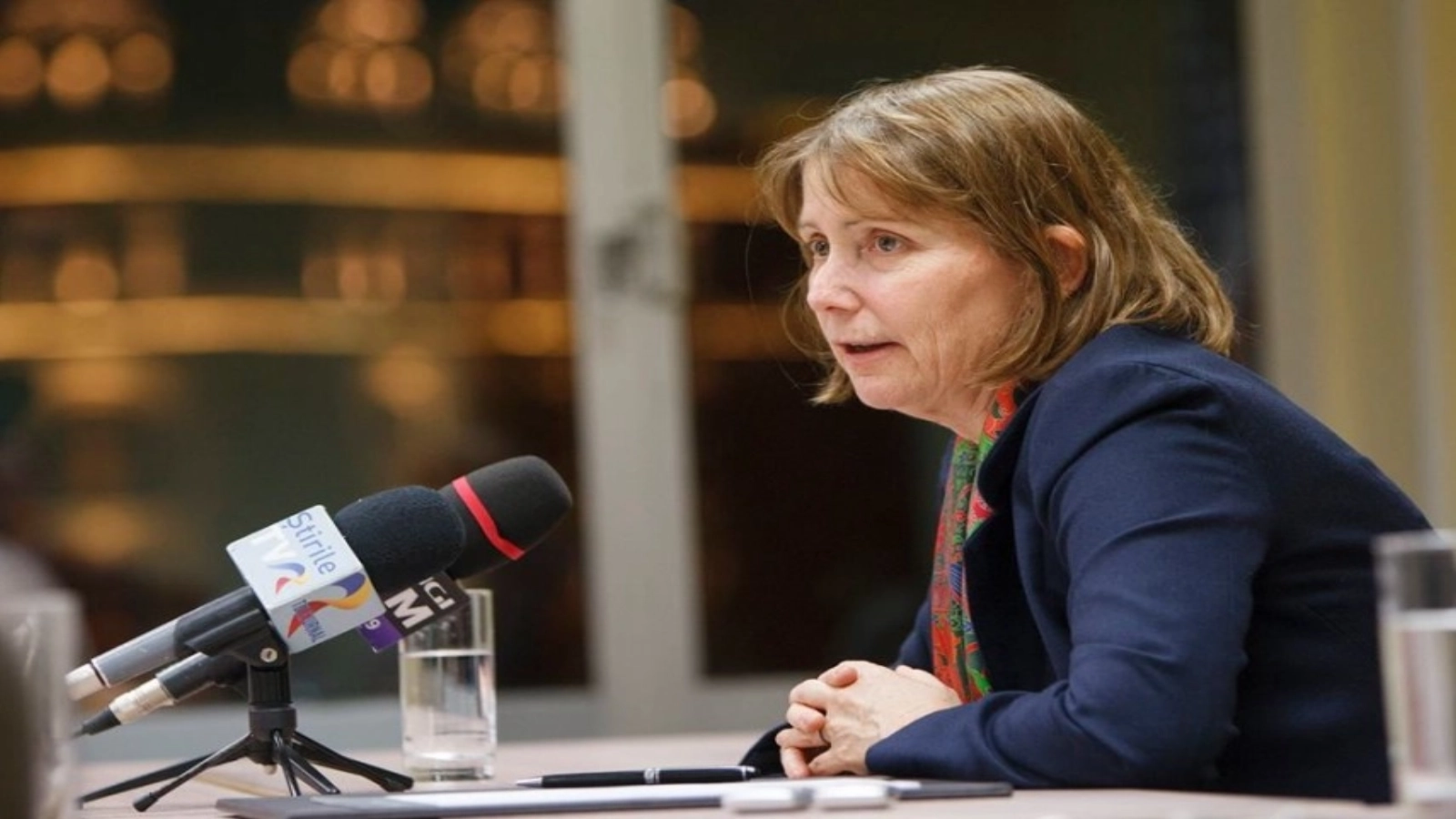
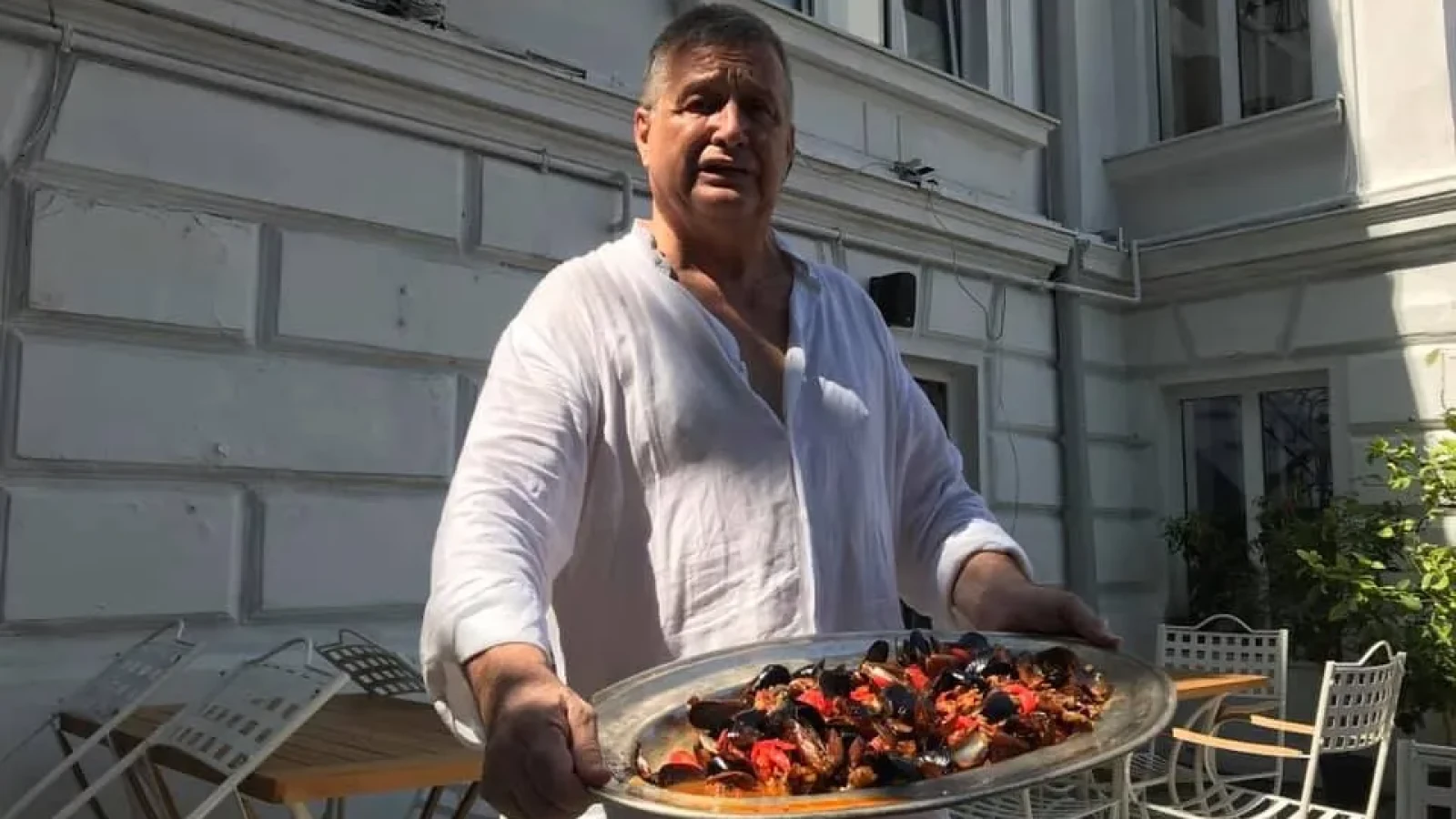


















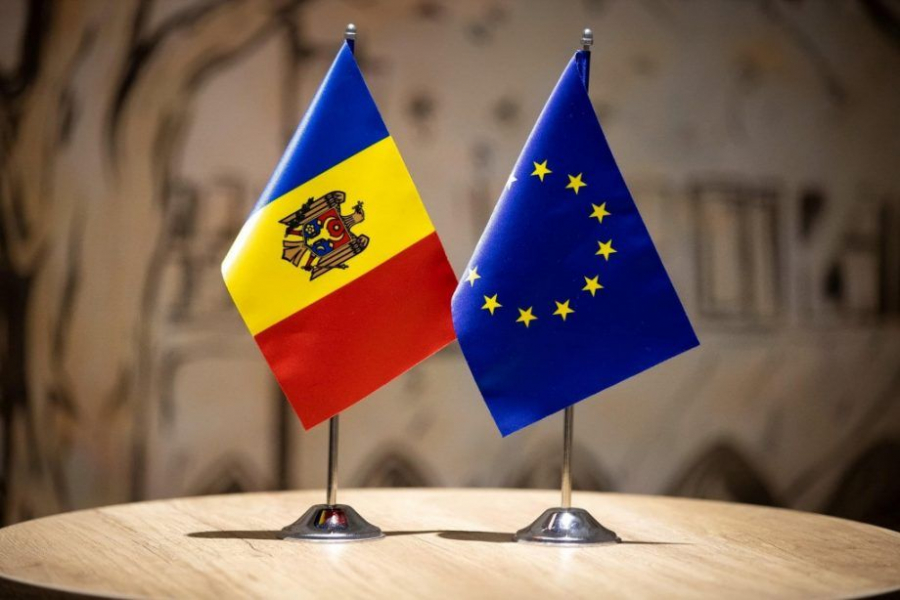
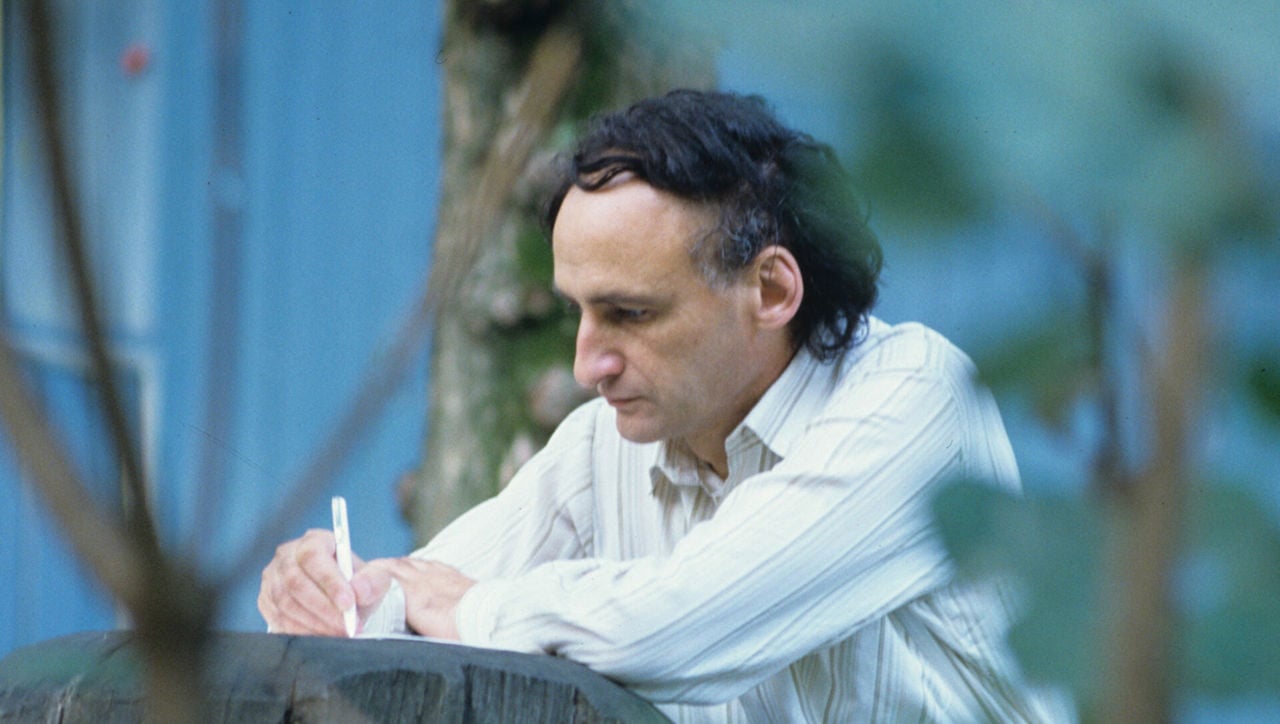
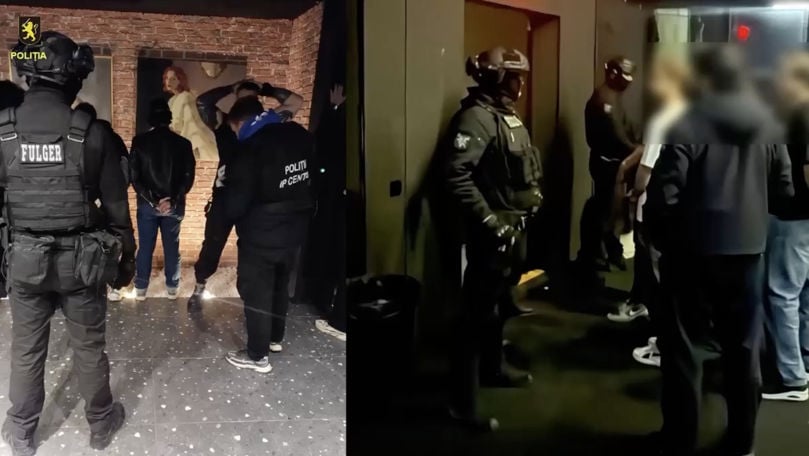





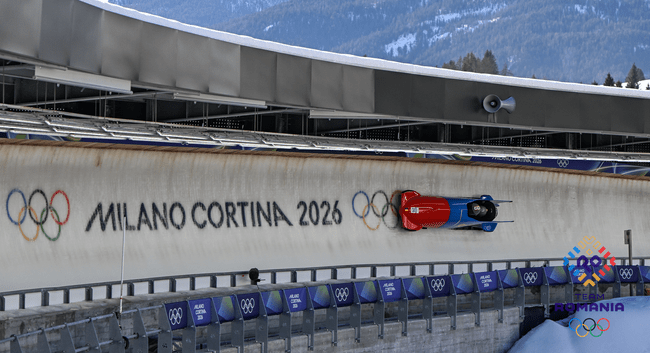


Comentează